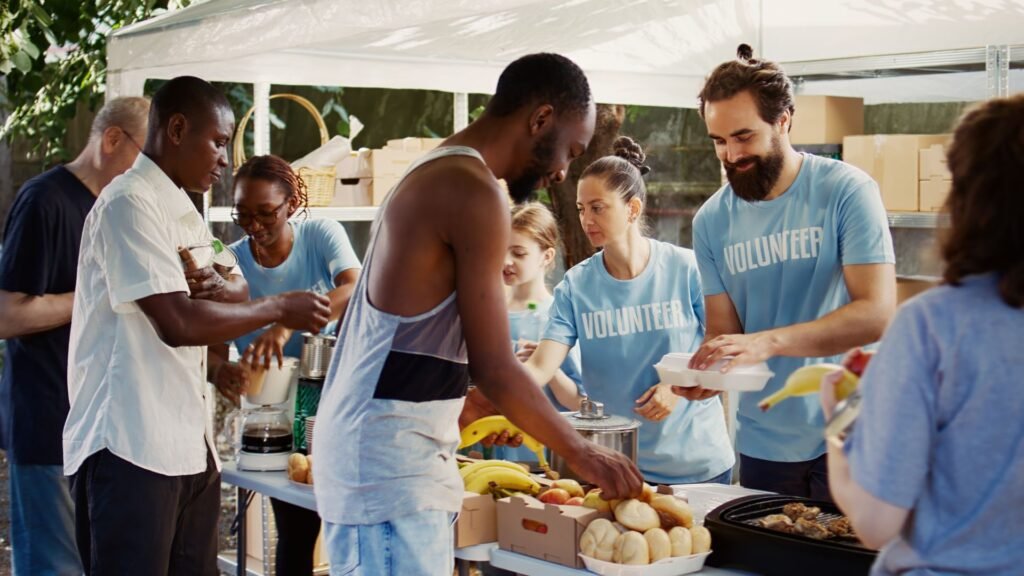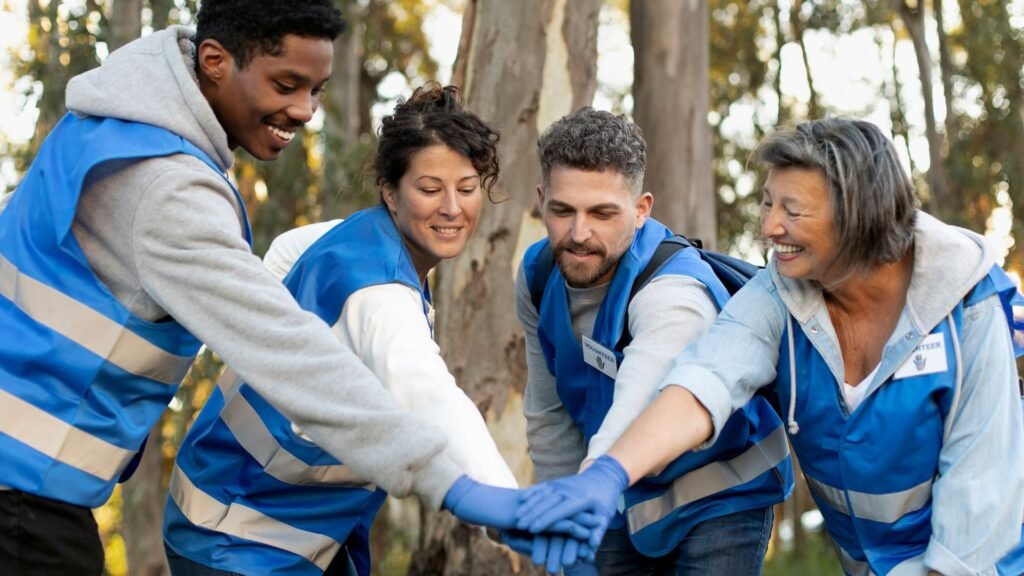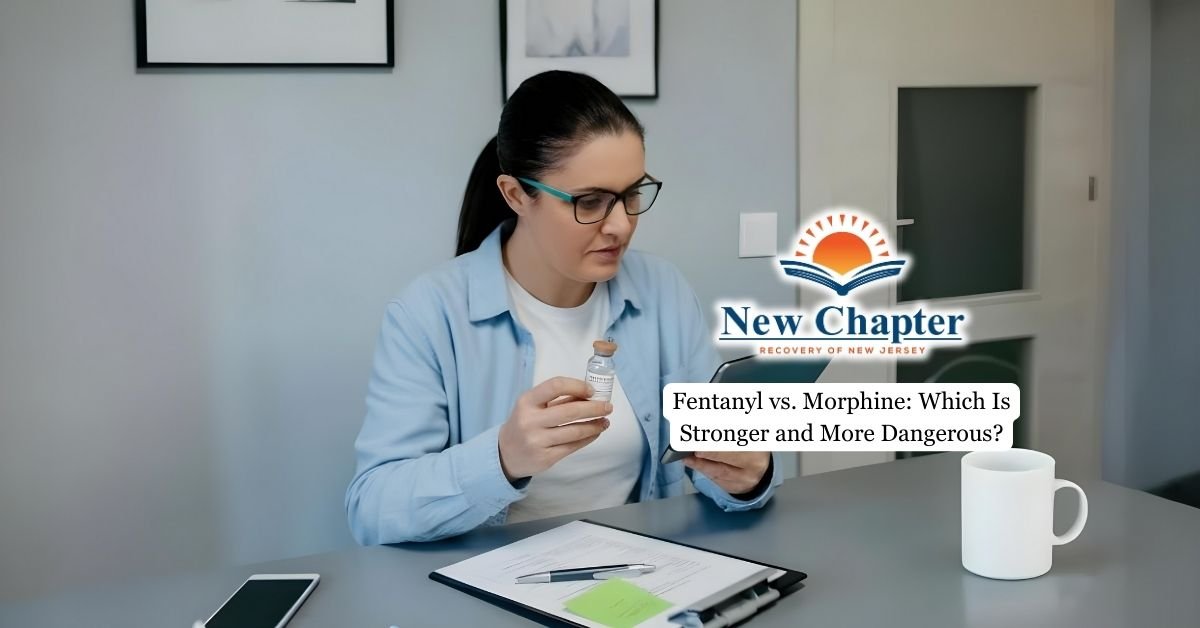Volunteering offers powerful benefits for people in recovery—not just as a way to give back, but as a proven method for supporting long-term sobriety. Engaging in meaningful service helps build structure, boost mental health, foster new skills, and reignite a sense of purpose that addiction may have disrupted.
In this article, we outline a range of volunteer opportunities specifically suited to people in recovery, along with the emotional, social, and therapeutic benefits that make service work a vital part of many successful recovery journeys.

Supporting Others in Recovery Programs and Support Groups
Peer support roles in groups like Alcoholics Anonymous (AA) and Narcotics Anonymous (NA) foster a deep sense of accountability, belonging, and empowerment.
By serving within these organizations—whether through sponsorship, meeting facilitation, or informal mentorship—individuals not only reinforce their own recovery but also help combat stigma and foster healing environments for others.
Peer mentoring significantly reduces the risk of relapse and increases engagement with recovery services. These relationships help participants stay connected, motivated, and supported through the challenges of ongoing sobriety.
Working With Animal Shelters and Rescue Organizations
Regular volunteering with animals has been shown to significantly reduce stress, anxiety, and depression—benefits that are especially valuable for individuals recovering from addiction. Interacting with animals can provide a calming, nonjudgmental presence that supports emotional regulation and helps foster empathy and a sense of responsibility.
Animal-assisted interventions are increasingly used in therapeutic settings because they promote emotional healing and connection. Volunteering at shelters or animal care programs also introduces structure and routine, which are essential for people in early recovery as they adjust to new, healthier lifestyles.
At New Chapter Recovery, we also incorporate animal-assisted therapy as part of our holistic approach to healing. Our program primarily utilizes dogs due to their intuitive ability to sense human emotion, provide comfort, and create a safe, trusting space for therapeutic engagement. This connection can be a powerful catalyst for recovery, offering unconditional support and helping individuals build confidence, reduce isolation, and reconnect with life in a deeply meaningful way.
Mentoring Youth Through Community Programs
Mentoring youth through community programs offers both profound personal rewards and meaningful contributions to society. For individuals in recovery, becoming a mentor can reinforce a sense of purpose and accountability while helping to guide the next generation. This form of service promotes self-esteem, encourages skill-building, and provides an opportunity to model resilience and positive life choices.
Research consistently shows the effectiveness of mentorship: youth with mentors are 55% more likely to enroll in college and 78% more likely to volunteer later in life. These outcomes not only benefit the young people involved but also create a ripple effect of positive change, strengthening the mentor’s own recovery journey through meaningful, values-driven engagement.
Serving at Food Banks and Homeless Shelters
Serving at food banks and homeless shelters provides a structured and rewarding way for individuals in recovery to stay engaged, build healthy routines, and foster a sense of community. These volunteer roles promote teamwork and connection—key protective factors against relapse—as well as emotional fulfillment through acts of compassion and service.
Helping others is linked to improved well-being and life satisfaction, especially for those rebuilding their lives after addiction.
Many of these organizations offer on-the-job training, allowing volunteers to gain valuable professional skills and experience that can support long-term recovery and reintegration into the workforce.
Teaching Life Skills and Trade Classes
Teaching life skills and trade classes offers a meaningful way for patients who want to recover from substance use disorder to give back while reinforcing their own growth. Whether it’s budgeting, cooking, or job interview preparation, sharing practical knowledge can be transformative for both the instructor and the learners. These opportunities promote confidence, purpose, and a sense of contribution—key components of a strong recovery foundation.
Structured skill-building programs are also proven to make a significant community impact, increasing employment chances by 27% for participants. For the volunteer, serving as an instructor cultivates a sense of mastery and accountability, while also expanding positive social networks that support ongoing sobriety and personal development.

Environmental Conservation
Environmental conservation and park cleanup projects offer individuals in recovery a powerful combination of physical activity, social connection, and meaningful service. Participating in activities like tree planting, trail maintenance, or litter removal has been shown to reduce symptoms of depression and anxiety, while promoting overall physical well-being.
This volunteer work provides structure and a sense of accomplishment—both crucial in sustaining sobriety. Engaging in outdoor service also helps build community connections with like-minded people and reinforces a commitment to positive, purpose-driven living, which are essential components in preventing relapse and maintaining long-term recovery.
Helping at Senior Centers and Nursing Homes
Helping at senior centers and nursing homes provides individuals in recovery with meaningful opportunities to connect, give back, and build structured, purpose-driven routines. Volunteering with older adults—through companionship, leading recreational activities, or assisting with programs—fosters empathy and nurtures a sense of responsibility. Both seniors and volunteers benefit from this social engagement, with significantly lower rates of depression and loneliness reported among participants.
Participating in Crisis Hotlines and Peer Support Services
Volunteering on crisis hotlines or serving in peer support programs allows individuals to use their lived experience to help others in vulnerable moments. These roles often include training in active listening, emotional regulation, and crisis intervention—skills that not only support callers but strengthen the volunteer’s own resilience. In fact, structured peer support participation has been associated with improved mental health and reduced depression symptoms. For those in recovery, these opportunities provide a powerful sense of leadership, accountability, and continued healing.
Final Thoughts from New Chapter Recovery
Volunteering is more than just a kind gesture—it’s a powerful, evidence-based tool for sustaining long-term recovery. Whether you’re mentoring youth, supporting peers in recovery, caring for animals, or teaching practical life skills, every act of service reinforces your resilience, deepens social bonds, and cultivates a meaningful sense of purpose. These contributions not only support your own healing but also positively transform the lives of those around you.
At New Chapter Recovery, our outpatient rehab programs in NJ incorporate volunteer opportunities as a core part of the healing process. We help clients reconnect with their communities through purposeful service that aligns with their passions, values, and recovery goals—because giving back is one of the most profound ways to move forward.






